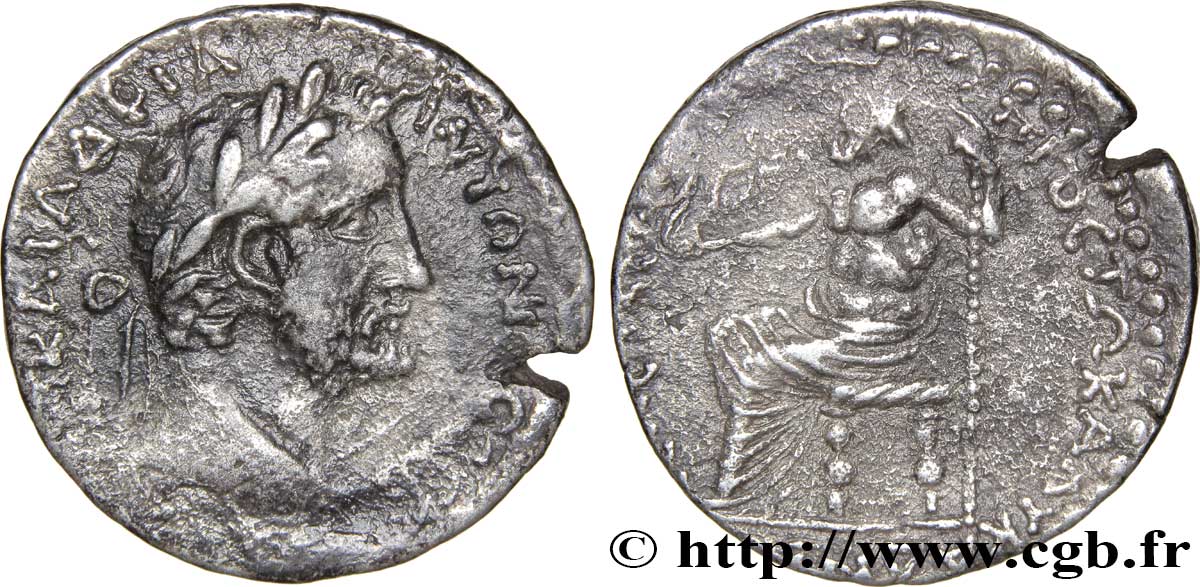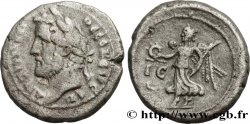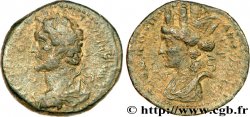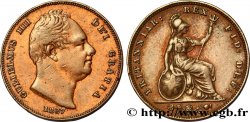bpv_318442 - ANTONINUS PIUS Tétradrachme syro-phénicien
Not available.
Item sold on our e-shop (2020)
Price : 1 200.00 €
Item sold on our e-shop (2020)
Price : 1 200.00 €
Type : Tétradrachme syro-phénicien
Date: 161
Mint name / Town : Séleucie du Calycadnum, Cilicie
Metal : silver
Diameter : 28 mm
Orientation dies : 6 h.
Weight : 13,35 g.
Rarity : R3
Coments on the condition:
Faible usure mais surface piquée et flan éclaté. Patine noire
Catalogue references :
Predigree :
Cet exemplaire, qui est le 0734A_002 de la base TSP, illustre le type dans le Prieur et provient de la vente Finarte 995 du 26 novembre 1996 lot 931, y étant citée comme provenant de Girardi
Obverse
Obverse description : Buste nu lauré d’Antonin le Pieux à droite, vu de trois-quarts en arrière.
Obverse legend : AUT KAI AIL ADRIA ANTONINOS SEB
Obverse translation : (L’empereur césar Aelius Hadrien Antonin auguste pieux père de la patrie).
Reverse
Reverse description : Zeus assis à gauche sur son trône, tenant un sceptre long de la main gauche et l’aigle le regardant de la main droite.
Reverse legend : SELEUKEOTON PROS TO KALUKADNO
Reverse translation : (Des habitants de Séleucie près du Calycadnus).
Commentary
Dans la base TSP maintenue par Michel Prieur, deux exemplaires sont maintenant répertoriés, aucun en musée, de la même paire de coins.
In the TSP database maintained by Michel Prieur, two examples are now listed, neither in a museum, of the same pair of dies.
In the TSP database maintained by Michel Prieur, two examples are now listed, neither in a museum, of the same pair of dies.








 Report a mistake
Report a mistake Print the page
Print the page Share my selection
Share my selection Ask a question
Ask a question Consign / sell
Consign / sell
 Full data
Full data















